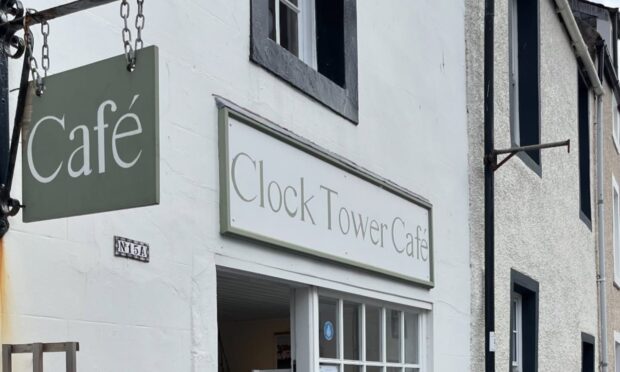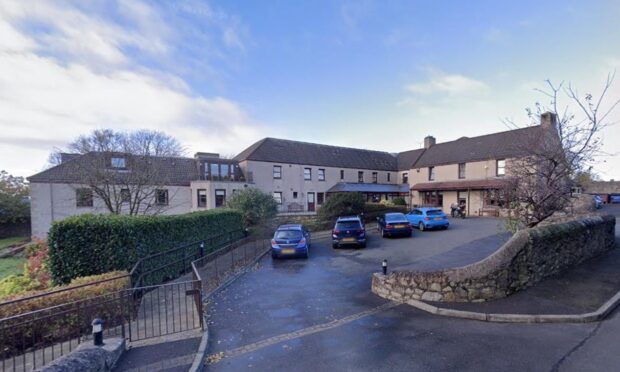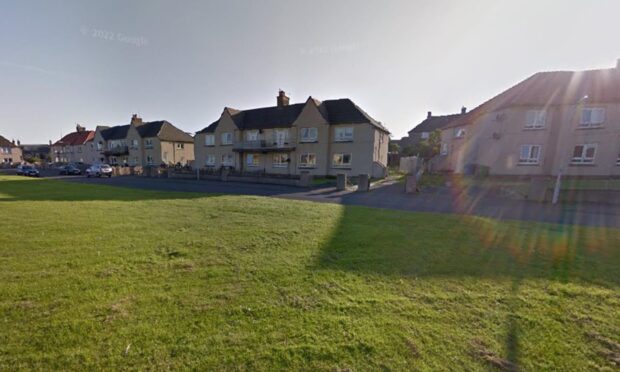NHS Fife is at the forefront of a new partnership aiming to reduce type 2 diabetes across the east of Scotland.
The condition has been on the rise across the country for the past decade and is having a significant impact on the lives of individuals and health of Scotland’s population as a whole.
More than 62,000 people are living with type 2 diabetes in the east of Scotland – around 5% of the total population – and there are over 3,700 new cases in the region each year.
The condition causes the level of glucose in the blood to become too high and can increase the risk of serious problems with the eyes, heart and nerves. A healthy diet and exercise are regarded as critical to patients maintaining blood sugar levels and staying well.
Now NHS Fife, NHS Lothian, NHS Borders and the six local authorities covering those health board areas have joined forces with other agencies in an effort to promote healthier lifestyles and reduce the likelihood of people developing the disease.
Around £1.5 million is being invested by the Scottish Government in the scheme, which will involve a number of projects across the region.
More than 1,900 adults have already been referred to the Get Moving with Counterweight programme since October 2019, and 60 patients are currently taking part in Counterweight Plus.
The free two-year programmel led by specialist NHS dietitians is founded on evidence from the Diabetes Remission Clinical Trial (DiRECT) and uses a combination of intensive, long-term support and total diet replacement (TDR) nutritional shakes and soups, is key to its success.
Regional director Nicky Waters said: “Our programme is a priority initiative – reflecting the need for urgent action to reduce the prevalence of type 2 diabetes in Scotland and support people to lead healthy lifestyles.
“By adopting a whole systems approach and bringing a wide range of partners together, our programme is centred on tackling structural, systemic root causes – such as poverty, inequality and childhood trauma – and the part that we all need to play in addressing them.”
Laurie Eyles, one of the newly appointed professional advisers for diet and healthy weight at the Scottish Government and the programme’s former clinical lead, said: “From delivering targeted interventions, to addressing the widespread issue of weight stigma and tackling the health inequalities which exist across the region – partners are committed to making lasting improvements to the environment in which we live.
“It is this that will allow us to build an east of Scotland where we eat well, have a healthy weight and are physically active – reducing our risk of developing type 2 diabetes for the long-term.”










